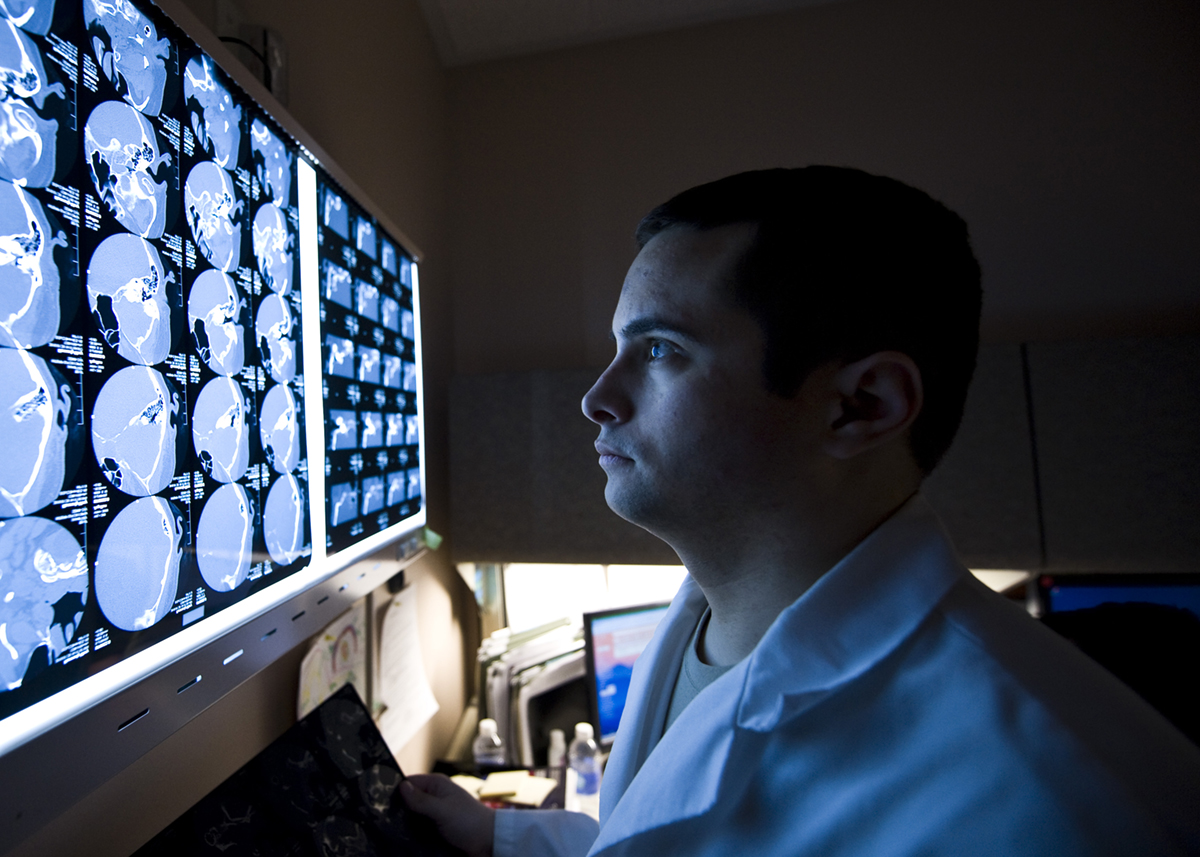
Concussion-Overview
This is actually the most common type of traumatic brain injury. Traumatic means that the injury was caused by a sudden blow to the head. The brain is cushioned from everyday bumps by the cerebrospinal fluid that floats around it. The blow shakes the brain inside the skull, causing it to slide powerfully against the inner wall of the skull. This might temporarily prevent the brain from functioning normally. A concussion can be caused by any significant blunt force trauma to the head (such as a fall, a car accident, or being struck on the head with an object).
By definition, a concussion is not a life-threatening injury, but it can cause both short-term and long-term problems to a person. Post-concussion syndrome, a complication that might arise from the lack of treatment, causes concussion symptoms to last for weeks or even months. People who have had a concussion also double their risk of developing epilepsy within the first five years after the injury. There has also been evidence that people who have had multiple concussions over the course of their lives may experience certain cumulative neurological damage. There also seems to be a link between multiple concussions and the concluding development of Alzheimer's disease.
Symptoms
Symptoms of concussion include: ringing in the ears, loss of consciousness, headache, slurred speech, nausea accompanied by vomiting, blurry vision, confusion, fatigue, possible loss of short-term memory, and perseverating (the repeating of the same question or a sentence, even after being told the answer over and over). However, symptoms vary from a person to a person. One might not even know that they have had a concussion, because the symptoms have notappeared.
Prevention
There are several risky groups that are more prone to getting concussions more often than other people. It is important that they take certain precautions to avoid getting a concussion.
Ways of preventing concussions are:
Old people are at higher risk of falling, so they should be very careful and limit their movements. Also, they should not wear heeled shoes. Children sometimes do not sense that they are in danger of hurting themselves, and that is why parents must take extra care of their children. This applies especially, if their child is used to "playing rough".When driving, one should not drink or talk on the phone. This increases the risk of one being in a car accident, which might lead to concussions. Athletes that play contact or high-risk sports should always wear protectivegear.However, if one has already had a concussion, there are a few things he or she should do not to cause any more damage to the brain. This means taking full rest, as prescribed by the doctor, avoiding environments that might strain one’s eyes and ears, being regular with the medication prescribed, etc. It is very important to follow the doctor’s instructions t prevent secondary injury to the head.


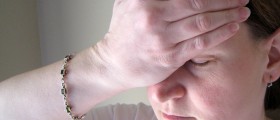
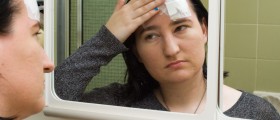
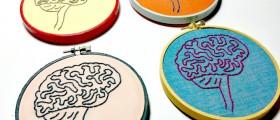
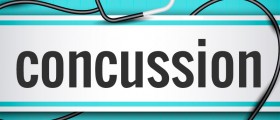






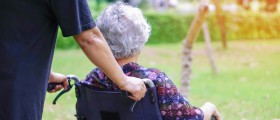

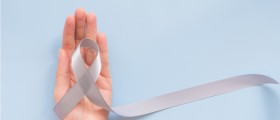
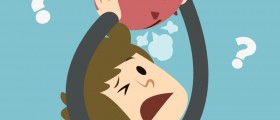
-Causes,-Symptoms,-Diagnosis-And-Treatment_f_280x120.jpg)
Your thoughts on this
Loading...